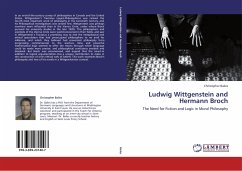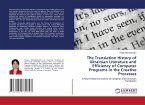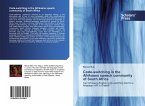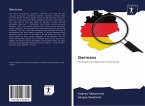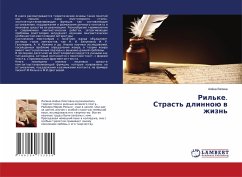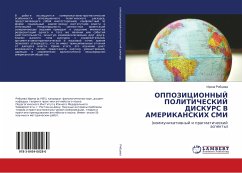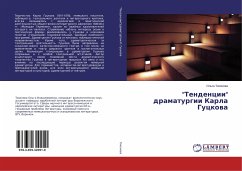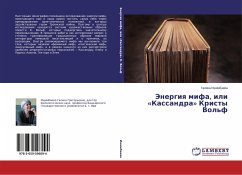In an end-of-the-century survey of philosophers in Canada and the United States, Wittgenstein s Tractatus Logico-Philosophicus was ranked the fourth most important work of philosophy in the twentieth century, and his Philosophical Investigations was ranked first. Wittgenstein was perhaps nowhere more influential than in the Vienna Circle, under whom Broch pursued his university studies in the late 1920s. The philosophers and scientists of the Vienna Circle were world-renowned in their fields, and saw in Wittgenstein s Tractatus a promising way to end the metaphysical and ethical speculation that had preoccupied philosophers to no avail for millennia, and which they believed had prevented philosophy from progressing commensurate to the sciences. New and powerful mathematical logic seemed to offer the means through which language could be made more precise, and philosophical confusions avoided and dissolved. But Broch was unconvinced, and argued that the novel--in addition to logical argumentation--has a unique contribution to make in the construction of one's ethical web of beliefs. This work examines Broch's philosophy and two of his novels in a Wittgensteinian context.
Bitte wählen Sie Ihr Anliegen aus.
Rechnungen
Retourenschein anfordern
Bestellstatus
Storno

